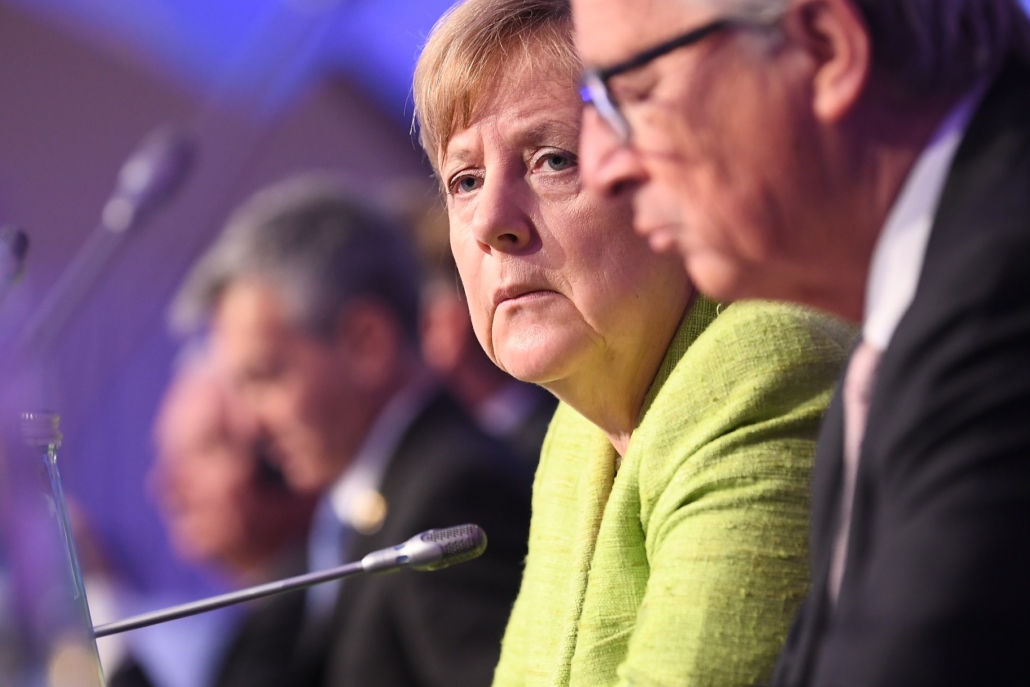8 Facts About Germany’s Foreign Aid

In 2019, Germany followed the U.S. as the second-largest donor to official development assistance (ODA). Historically, Germany’s foreign aid has focused on migration, forced displacement, food security and climate concerns. In its foreign aid policy, Germany aims to create lasting change in the nations it reaches. Here are eight facts about Germany’s foreign aid.
8 Facts About Germany’s Foreign Aid
- The BMZ Handles Aid: The Federal Ministry for Economic Cooperation and Development (BMZ) primarily addresses the regulation of foreign aid. The BMZ is responsible for the development of policies, management of projects and the allocation of funds in times of crisis. Its support centers on several factors important to development, including “good governance, education, rural development, climate control, sustainable development, and a strengthening of the private sector.” Germany expects responsibility from the countries it lends aid to and thus does not grant budget support freely.
- The BMZ Does Not Work Alone: The BMZ works in accordance with other ministries, including the Federal Foreign Office and Ministry of Defense. The Federal Foreign Office addresses matters of humanitarian aid and, if a military presence is necessary, the Ministry of Defense offers assistance. KfW, a German-owned development bank, has also played a key role in Germany’s foreign aid contributions.
- Making UHC a Reality: The Sustainable Development Goals (SDGs) of 2015 marked Universal Health Coverage (UHC) as a priority. UHC embodies the idea of having “all individuals and communities receive the health services they need without suffering financial hardship.” Germany has committed to this ideal in three stages. Globally, Germany aims to strengthen health systems through technical and financial support. On a multilateral level, Germany endorses the P4HNetwork, which provides health financing, and the L4UHC leadership course, which helps in the development of partnerships. Lastly, Germany is aiding its partner countries directly in the development of necessary changes.
- Supporting Gavi, the Vaccine Alliance: Germany has donated to Gavi through the BMZ since 2006 and its support continues to grow. Chancellor Merkel “pledged EUR 600 million for Gavi over the 2016-2020 strategic period” in 2015. Providing immunizations across the globe, Germany’s support of Gavi enables a safer, healthier world.
- BMZ Unveils an Effective Reform Strategy: The BMZ’s primary goal remains the same; eliminating poverty and world hunger. However, the BMZ is changing how it aims to achieve this goal through new focuses, new partnerships and new modes of cooperation. BMZ has reduced its number of partner countries from 85 to 60 but has done so to maximize its efforts strategically. German foreign aid is attempting to establish peace and structure with its nexus and peace partners. By “strengthening [German] support for people in crisis and refugee regions, addressing the root causes and supporting them in the process of stabilization,” the BMZ is aiming to build up nations like Syria, Yemen and Iraq.
- Germany and Syria: In recent years, Germany has shown great support for the Syrian people. In 2018, more than 500,000 Syrian refugees resided in Germany. German support is not solely based on helping the refugees, however. In June 2020, as part of a conference jointly hosted by the E.U. and U.N., Germany pledged $1.78 billion to humanitarian aid for Syria.
- Germany and the 2030 Agenda for Sustainable Development: Adopted in September 2015, the 2030 Agenda for Sustainable Development replaced the previous Millennium Development Goals. The initiative comprises 17 goals and ties together poverty reduction and sustainability. Within the decade, the United Nations wishes to address the most pressing concerns of poverty, female empowerment and climate concerns. Germany is one of many nations playing a large role in addressing these goals.
- An Endorsement that Looks to the Future: Alongside Ghana and Norway, Germany requested the establishment of a global action plan in April 2018. This request took the form of the Global Action Plan for Healthy Lives and Well-being for All. The plan has united 12 agencies dedicated to health, development and humanitarian efforts, allowing each to strengthen each other while addressing the central SDGs.
The nation has proudly taken up the mantle of leadership and will serve as the Presidency of the Council of the European Union from June 2020 until December 2020. Germany promised additional ODA-funds in June 2020, dedicating $3.5 billion for “global health measures, humanitarian assistance, and overall development cooperation.”
– Kelli Hughes
Photo: Flickr
